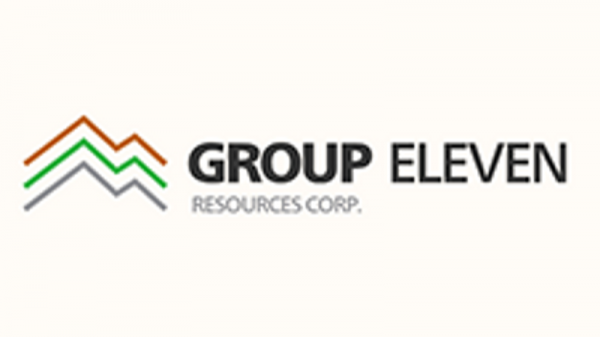Title: Diving into the Intriguing Legal Proceedings: The Infowars to The Onion Sale
In a surprising turn of events in the world of media acquisitions, the proposed sale of Infowars to The Onion has sparked controversy and legal scrutiny. Recently, a judge ruled that final approval for the sale must still be granted, adding another layer of complexity to the transaction. Let’s delve deeper into this intriguing development and explore the implications it holds for both parties involved.
The proposed sale of Infowars, a right-wing conspiracy theory website, to The Onion, a satirical news outlet renowned for its humorous take on current events, has caught the attention of media analysts and enthusiasts alike. The deal, which was initially met with skepticism and amusement due to the stark contrast between the two entities, has now taken a legal turn as a judge’s approval is deemed necessary for the acquisition to proceed.
The judge’s decision to intervene in the sale of Infowars to The Onion raises questions about the underlying reasons for such scrutiny. Given the polar opposite ideologies and content styles of the two platforms, concerns about the potential impact of this merger on free speech and media integrity may have prompted the need for a thorough review.
One cannot overlook the irony and satire that come with the notion of Infowars being owned by The Onion. While The Onion is celebrated for its spoof articles and comedic approach to news reporting, Infowars has often been criticized for promoting conspiracy theories and misinformation. The juxtaposition of these two entities under one ownership would undoubtedly create a unique dynamic in the media landscape.
Furthermore, the implications of this acquisition extend beyond mere entertainment value. The merger of Infowars and The Onion could potentially reshape the boundaries of online journalism and satire, blurring the lines between fact and fiction in the digital age. It remains to be seen how this union would impact the credibility and relevance of both platforms in the eyes of their respective audiences.
As the legal proceedings unfold and the fate of the Infowars to The Onion sale hangs in the balance, it is crucial to reflect on the broader implications of such a transaction. The judge’s insistence on approving the sale highlights the significance of maintaining transparency and accountability in media transactions, especially when it involves platforms with significant social and political influence.
In conclusion, the sale of Infowars to The Onion presents a fascinating case study in the ever-evolving landscape of media acquisitions. As the legal battle continues and the future of these two iconic platforms remains uncertain, one thing is for sure – the world of online journalism and satire is in for a thought-provoking and potentially transformative journey.
By closely following the developments of this intriguing saga, media enthusiasts and industry professionals alike can gain valuable insights into the complex interplay between satire, conspiracy theories, and the quest for truth in the digital age. The Infowars to The Onion sale is not just a business deal – it is a reflection of the evolving nature of media and the profound impact it has on society as a






























